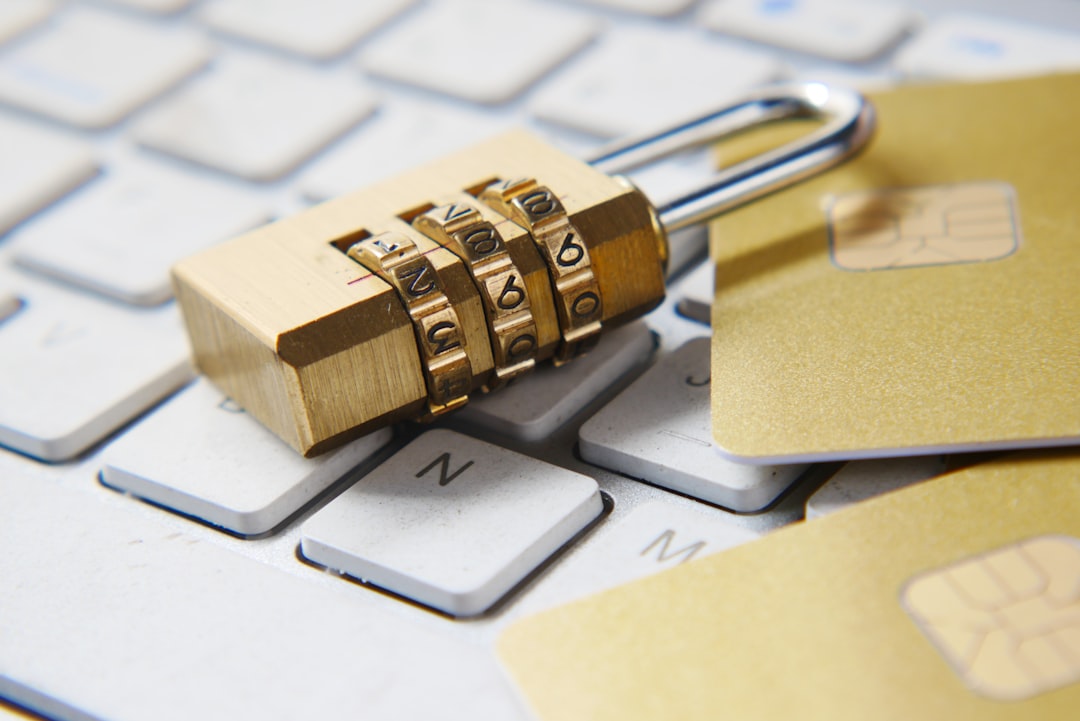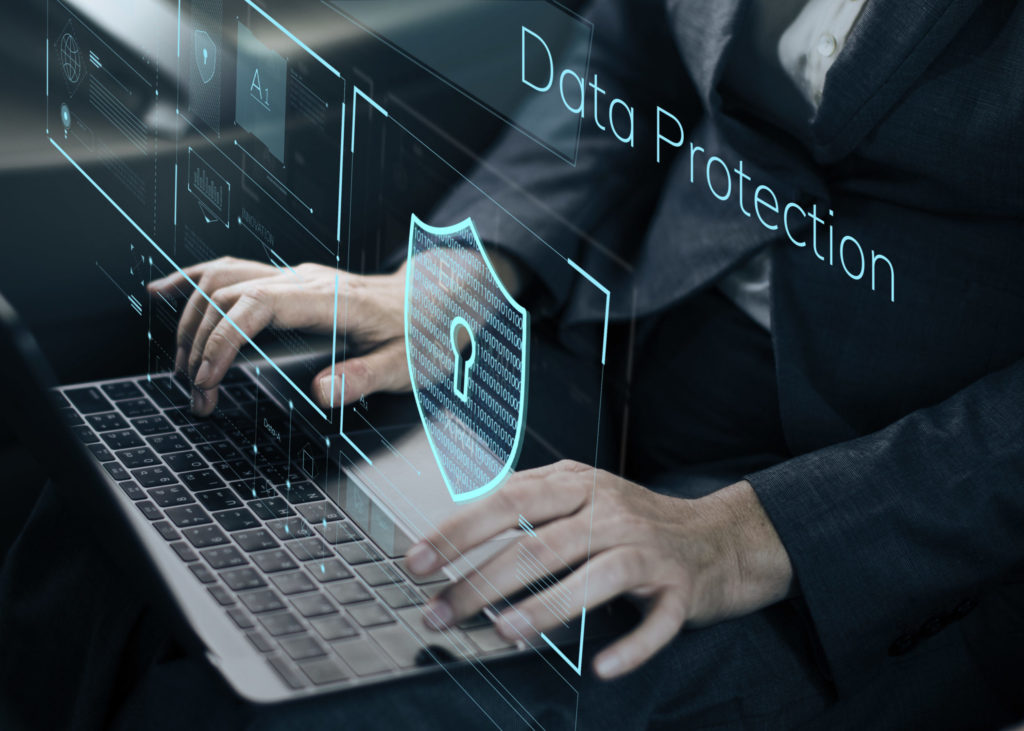Security is extremely important for businesses because it protects their confidential and proprietary information. A breached security system can lead to stolen data, damaged reputations, and loss of customers. Furthermore, businesses are held liable for any data breaches that occur, so it is important to have a comprehensive security system in place.
There are a variety of security measures that businesses can take on both the physical and digital levels. On the physical side, businesses can install security cameras and alarms, and they can keep their buildings locked and secure. On the digital side, businesses can use firewalls, anti-virus software, and other security measures to protect their data. Businesses need to have security on both the physical and digital levels in order to protect their property and confidential information. Here are a few tips to help you stay secure with your company.
Manage your physical assets with practical techniques.
When it comes to managing your business’ valuable equipment, tools, and other assets, equipment booking can play a big role in ensuring their security. By booking your equipment with an equipment booking system, you can keep track of who is using them and when, ensuring that they are only being used by authorized personnel for authorized purposes. This can help to prevent theft, unauthorized use, and other security issues with your equipment rental options. Additionally, booking a variety of equipment can help to keep your assets organized and easy to find when you need them. Having a system in place for tracking and managing your equipment can help to streamline your operations and keep your business running smoothly.
Monitor cyber threats and risks to your software systems.

Threat intelligence has become an important part of many organizations’ cyber security programs. By definition, threat intelligence is “the process of identifying, detecting, assessing, and responding to information that may indicate malicious intent or activity.” Threat intelligence can help organizations improve their cyber security posture by providing them with information on threats to their networks and systems. This information can include, but is not limited to, information on the nature of the threats, the sources of the threats, and the potential impact of the threats. Thanks to better threat intelligence organizations can respond quickly to cyber incidents. By identifying the sources and types of threats, organizations can better determine the severity of the incident and the best way to respond.
Employ physical security systems and surveillance.
Physically securing your business is critical to protecting your assets and your employees. You need to have a security plan that includes measures to prevent and respond to threats. The first step is to assess your vulnerabilities and identify the risks that are most likely to impact your business. Then you can develop specific countermeasures to address those risks. Some of the basic physical security options include surveillance cameras, security guards, and locks on your entry points.
Train your team to recognize malicious malware and cyber attacks.

When it comes to cyber threats, it’s important that your whole team is on the lookout. After all, the more people who are looking for potential threats, the more likely it is that one will be caught. There are a number of different cyber threats that companies and individuals face on a daily basis. These include ransomware, phishing, viruses, spyware, trojans, or social engineering. Each includes hackers posing as a harmless entities to infiltrate your systems. Train your team to recognize these issues up front so they don’t cause any issues down the line.
Implement simple digital security measures.
There are a lot of ways to improve your digital security, including some simple measures that anyone can take. A huge thing for each of your employees is to use a strong password that is unique to each account. Implement two-factor authentication whenever possible. Keep your software updated to eliminate vulnerabilities. You’ll also want to back up your data regularly. If you can find a secure internet server for your business, this can also be an asset. These simple steps can make a big difference for your overall cyber security.















